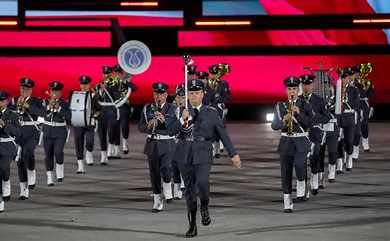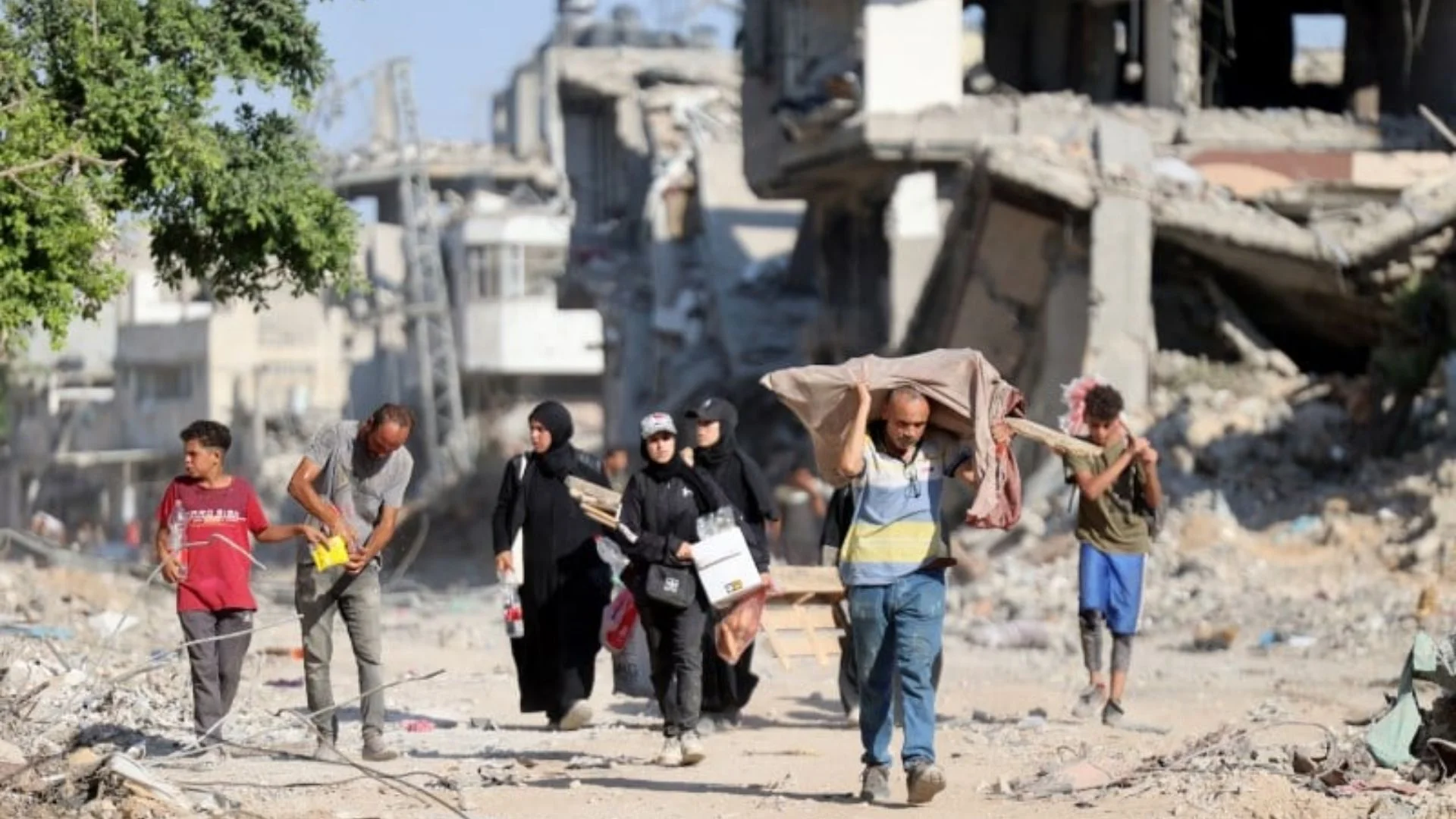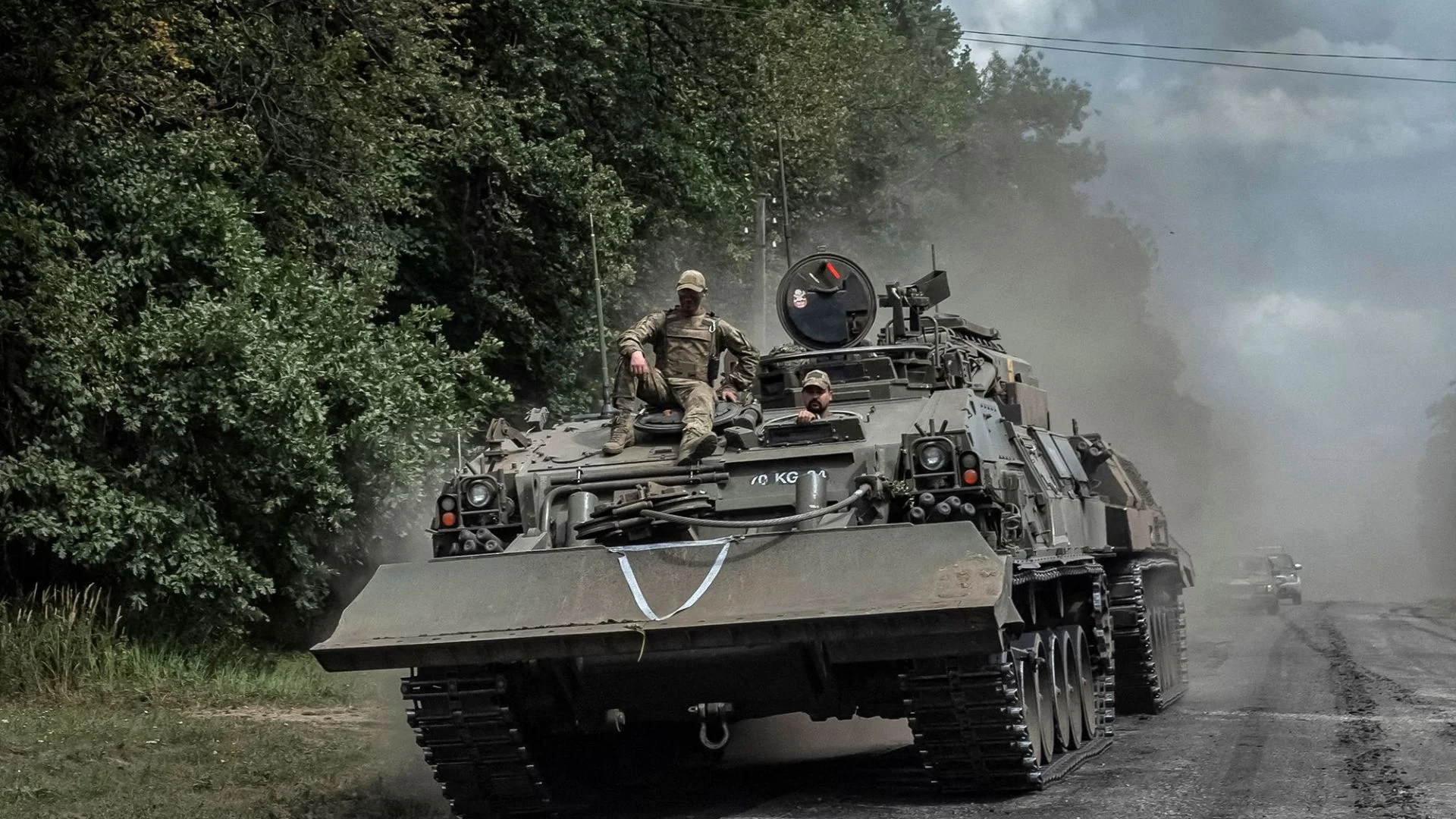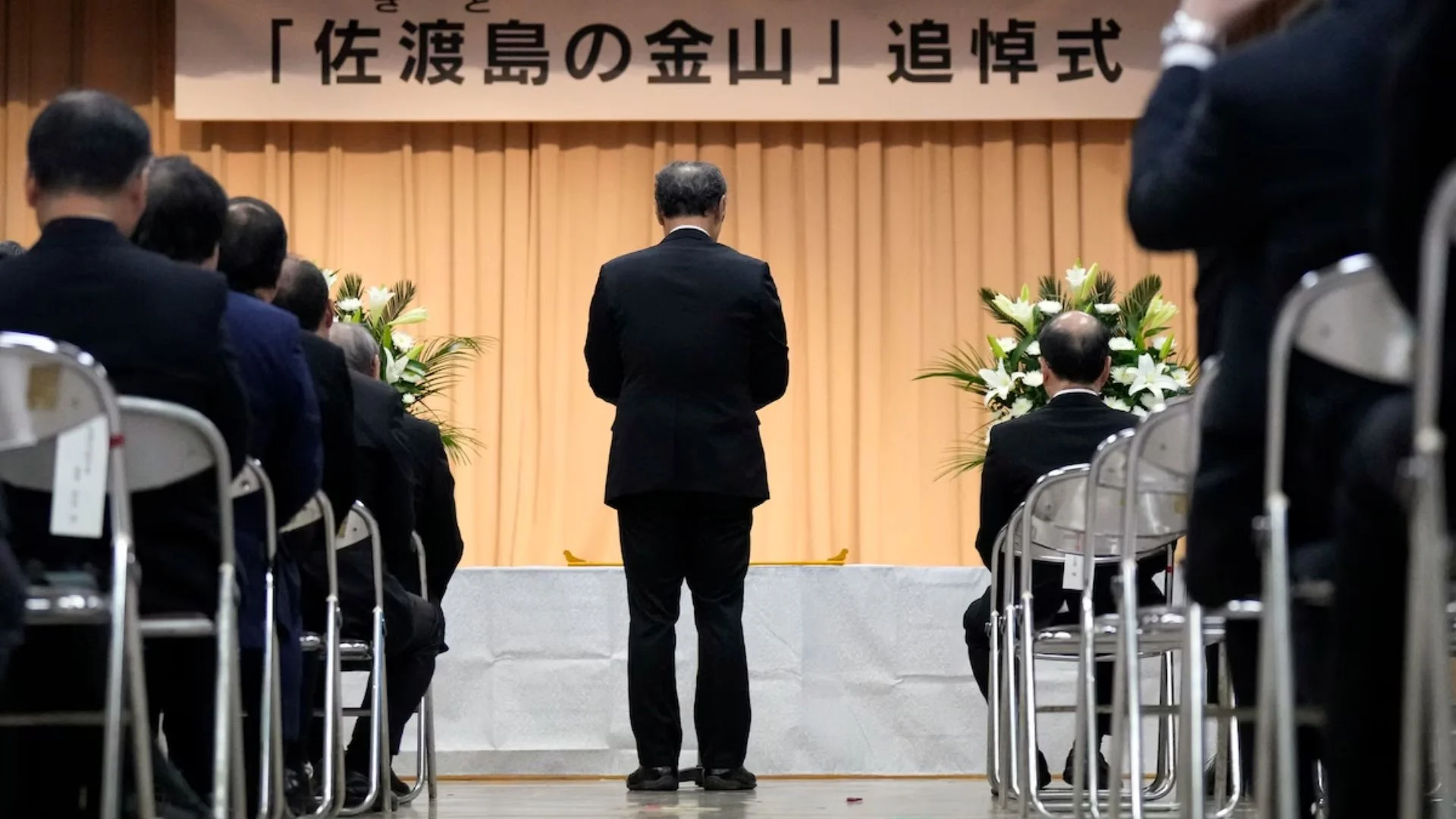
On Sunday, both Romania and Latvia, NATO members supporting Ukraine in its ongoing conflict with Russia, reported breaches of their airspace by Russian drones. Authorities in both countries are investigating these incidents and calling for a united NATO response to enhance airspace security.
Incidents Prompt Urgent Measures
Romania’s Defense Ministry revealed that a drone entered Romanian airspace before exiting towards Ukraine. The Romanian Air Force deployed two F-16 fighter jets to monitor the situation. Residents in Tulcea and Constanta were advised to take cover, while the impact zone was identified near Periprava, an uninhabited area.
In Latvia, President Edgars Rinkevics highlighted the need for a coordinated NATO response, citing an increase in such incidents along NATO’s Eastern flank. The Latvian Defense Ministry reported that a drone entered Latvian airspace from Belarus and crashed near Rezekne. Initial investigations suggest that the drone did not have a specific target in Latvia.
NATO and Local Reactions
NATO Deputy Secretary General Mircea Geoana condemned the drone incursions as “irresponsible and potentially dangerous,” though he noted there was no indication of a deliberate attack on NATO member states. Ukrainian Foreign Minister Andrii Sybiha also emphasized that these incidents are a reminder of Russia’s broader aggressive actions and called for strong support from Ukraine’s allies.
Romania, which shares a border with Ukraine, has experienced repeated incidents involving Russian drone fragments. Romanian Prime Minister Marcel Ciolacu acknowledged the ongoing threat and indicated that attacks are likely to continue. Romanian lawmakers are considering new legislation to allow for the shooting down of drones in peacetime to protect national airspace.
Latvia’s Response and Future Steps
Latvian Defense Minister Andris Spruds underscored the need for improved air defense and electronic warfare capabilities. The recent drone incursions are seen as confirmation of the need to bolster Latvia’s eastern border defenses.
Both countries’ responses underscore the growing urgency for NATO to address these security challenges collectively, ensuring enhanced protection against potential airspace violations.















